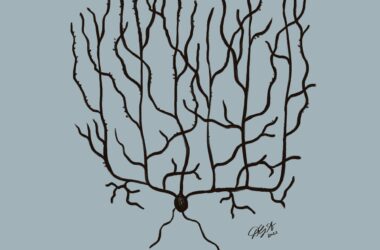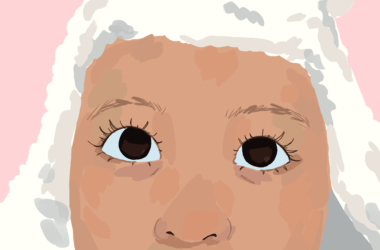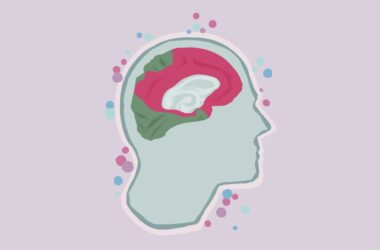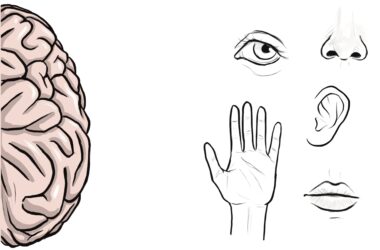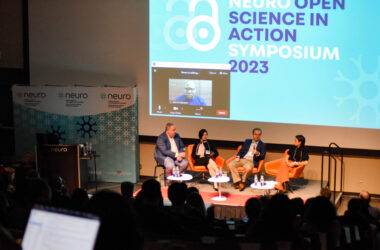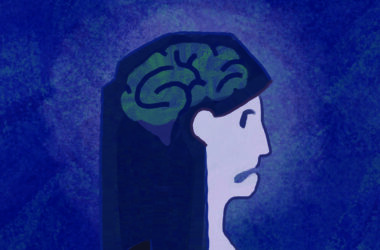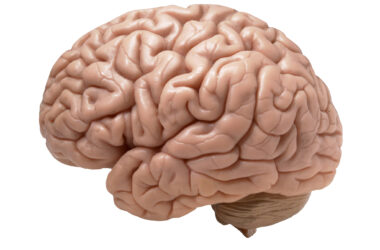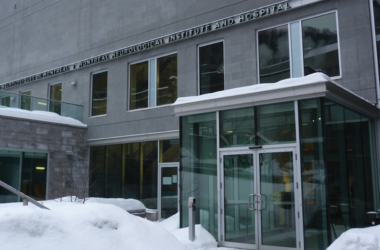Recent advances in molecular biology techniques are bringing new insights into complex diseases. These insights extend to spinocerebellar ataxias (SCAs), a group of progressive neurodegenerative disorders characterized by the deterioration of the cerebellum—a brain structure critical for balance and movement coordination. In 2019, between 30 and 48 per cent of[Read More…]
Tag: neuroscience
Neurodevelopment through an infant’s eyes
Before kids obtain the ability to smoothly track a moving object with their eyes, there is a brief period in infancy when this skill is out of reach. Visual tracking, a crucial milestone in our cognitive development, begins to develop about one month after birth. In a recent publication in[Read More…]
Upping the ante: The latest research on communication in ant societies
On Feb. 29, McGill’s Department of Biology hosted a lecture on ant societies, led by Daniel Kronauer, an associate professor at Rockefeller University and a leading researcher in the field of ant evolution, genetics, and neuroscience. “In my lab […] we try to understand how ant societies have evolved, how[Read More…]
Human Cognition: Moving away from the brain
Long before Francis Schmitt coined the term “neuroscience” in 1962, scientists have been interested in demystifying the secrets of the human brain. Although neuroscience primarily focuses on the functions of the cortex—the outer layer of the brain— researchers have begun to highlight the importance of more primitive brain anatomy: Namely,[Read More…]
Neuroscience myths and facts: Alcohol and the spectrum of human senses
If you are as curious as the rest of this Tribune special issue, then this article will hopefully answer some of your burning questions about two topics that merge neuroscience and student life seamlessly: Alcohol and human senses. In this second round of myth debunking in our Neuroscience myths and[Read More…]
Making scientific data accessible to all
On Nov. 30, neuroscience and data-sharing experts came together for a day of insightful talks at The Neuro’s fifth annual Open Science in Action Symposium. Kicking off the event, Annabel Seyller, CEO of the Tanenbaum Open Science Institute (TOSI), emphasized the growing prevalence of open science across scientific institutions in[Read More…]
Neuroscience myths and facts: What is going on up there?
Several regions of your brain, such as Wernicke’s area and the left temporal region, are currently hard at work as you read this Tribune article. With its approximately 86 billion neurons, the adult human brain fascinates not only neuroscientists, but all sorts of individuals, including students, artists, and writers. This[Read More…]
Unlocking the brain’s potential through neuroplasticity and amblyopia treatment
The term ‘neuroplasticity’ never fails to incite intrigue. It involves structural and functional transformations within the brain as a way to adapt, often in response to interactions with the environment. Over the past decades, the concept of neuroplasticity has gained substantial traction in neuroscience, offering novel insights and opening up[Read More…]
Call off the search for a “normal” brain
A “normal” brain—also termed “neurotypical”—has long been used in cognitive science research as a benchmark for brain activity comparisons. But this distinction between brains actually limits neuroscience research and has long escaped the notice of experts. Jakub Kopal, a postdoctoral fellow in neuroscience at McGill, researches the effect of genetic[Read More…]
Copy–pasted nucleotides found to cause neurodegenerative disease
Neurodegenerative diseases such as Alzheimer’s, Parkinson’s, and ataxia are caused—as their categorization would suggest—by the degradation of nervous system cells. One to three individuals per 100,000 are affected by late-onset cerebellar ataxias (LOCA), a disease characterized by impaired muscle control that worsens over time. While most types of ataxia set[Read More…]
